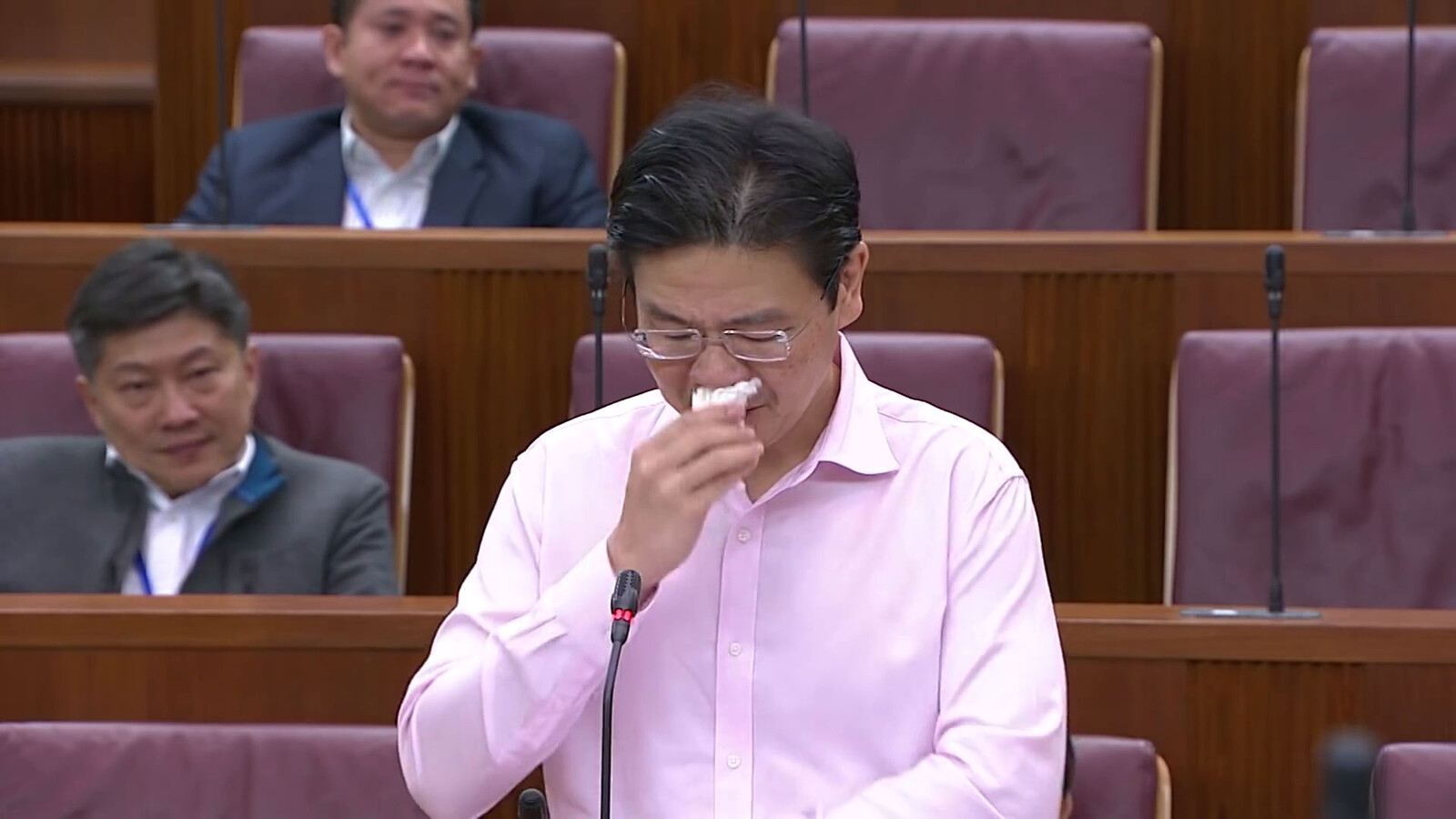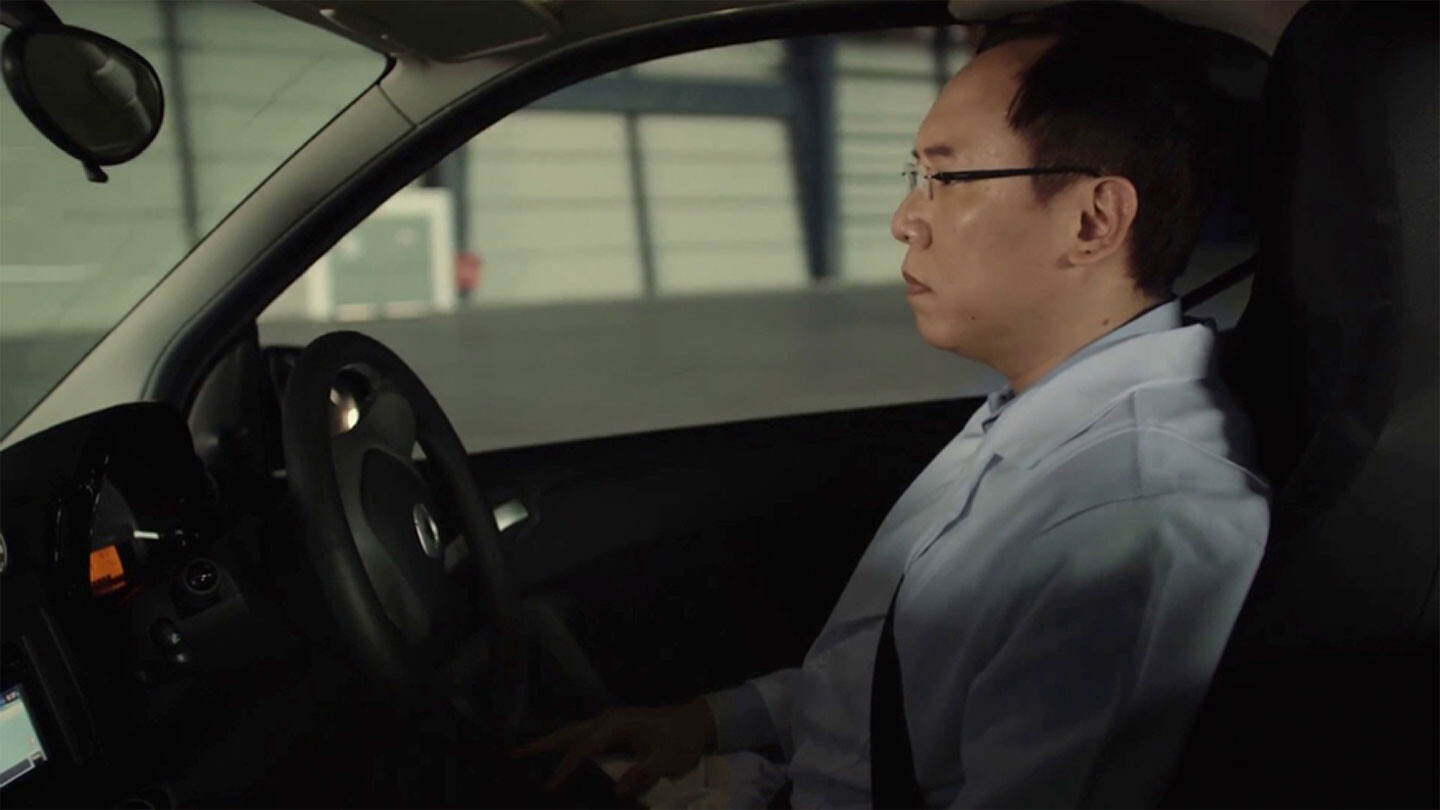The fantasy of the magical lockdown shares the same premise as herd immunity in that they both turn the task of resolving the crisis over to the laws of nature within a given set of spatial parameters. Hunkering down or heading out, let the virus solve itself! In reducing the role of the state to deciding whether or not to lock down, these fantasies further mirror an ontology of the free market wherein the apparent recession of the state serves as a premise for assuming that rules actively shaped by a whole array of government interventions occur naturally. Perhaps, then, it’s better to trust the men in their little rooms.
Put bluntly, the point is to interpret and act on the world, but never to change it. The contemporary turn towards the “innovative state” thus cannot be taken plainly as some counter-hegemonic project to prove the state’s ability to achieve the social optimization that neoliberals expect from the free market. Instead, in testing, experimenting, and reinventing itself, the state too often displaces existing functions of social redistribution through its new role of reengineering a defunct system requiring no more than an upgrade.

